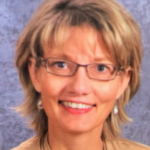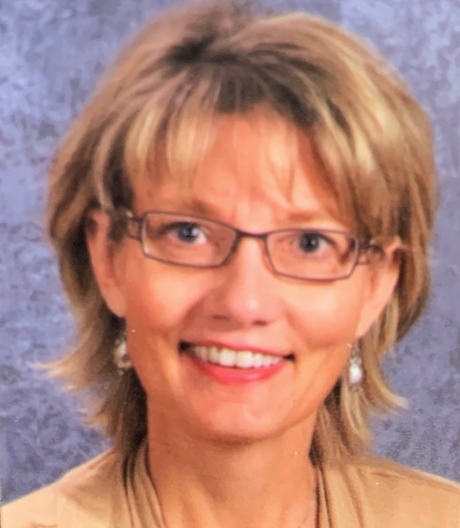The Power (and Beauty) of Mentoring

Inspired Insights from a Veteran Educator, Long-Time Mentor & Lover of Learning
I can still close my eyes and picture the first year of my teaching career. It was 1984 and I had just left my 2 toddlers for the unsure world of being a 4th-grade teacher. I walked into a very empty room. It was hot with 5 large south-facing windows, exposed pipes on the ceiling and walls, hard tiles on the floor, and nothing on the shelves. I took a deep breath (or probably several) and settled in. Alone. What had I gotten myself into? What and where was the curriculum I was to teach? How would I ever gain enough confidence to really make a difference in the lives of the 9 and 10-year-olds who were soon to walk into this room?
I had so many questions. Yes, there were other teachers down the hallway busying their rooms and going about their days. They had friendly smiles and nice hellos and welcoming waves. But how much could or should I bother them? I dug in my heels that first year and somehow or another made it through. How wonderful it would have been to have a mentor assigned to this very inexperienced young teacher. I think of this often as I now help fresh new teachers begin their own careers.
Mentoring is a powerful tool in the development of a new educator.
In my state, the Mentoring and Induction Program for Beginning Teachers was first initiated in 2001 as part of the teacher quality legislation. Its purpose, simply put, was to promote excellence in teaching which in turn would enhance student achievement. And I was one of the lucky first few to be trained and then assigned to new teachers in our school. Once again, I was very green to this new position, but this time I had 16 years of classroom experience from which to draw, many days of Professional Development, and lots of summer institutes under my belt. I couldn’t wait to get started.
And now, after years of mentoring, I feel I make a difference. Mentoring matters to my new teachers. Helping to plan curriculum and even demonstrating best practices can give new teachers a chance to learn from the experience of a seasoned educator. I love the challenge of coaching and then giving constructive feedback. Because I am able to watch and take notes during a lesson, we can review the lesson’s progression together and discuss specific ways to improve or build on instruction. I can assist in sorting through the enormous and sometimes overwhelming resources available on the Internet. We can learn from each other and agree that this job is tough but can be so rewarding.
But how can mentoring be beautiful?
As mentor and mentee build strength through trust and honesty, the underlying beauty becomes more evident. My mentee depends on me to support her in her efforts with curriculum, best practices, and classroom management. We thoughtfully consider each other’s opinions and ideas. We work together to find ways to help students become their best selves. Collaboration and problem solving happen, along with celebrations and sometimes tears. I can see a new teacher’s confidence rising as she interacts with her students, laughs with them, and smiles. And yes, that is beautiful.
The power and beauty of mentoring are not only about increasing excellence in new teachers, though; coaching is valuable for mentors as well. I feel so lucky to have been a part of this process for many years. It often forced me to look openly and honestly at my own teaching. And that is when true growth happens.

Diane Noonan has been an educator for 36 years in a small midwestern school in Iowa, teaching both elementary and middle school children. She received her National Board Certification in 2001 and has also been an instructional mentor to new teachers for the past 20 years. Diane is passionate about creating classrooms where students feel a sense of belonging and develop a true love of learning.



